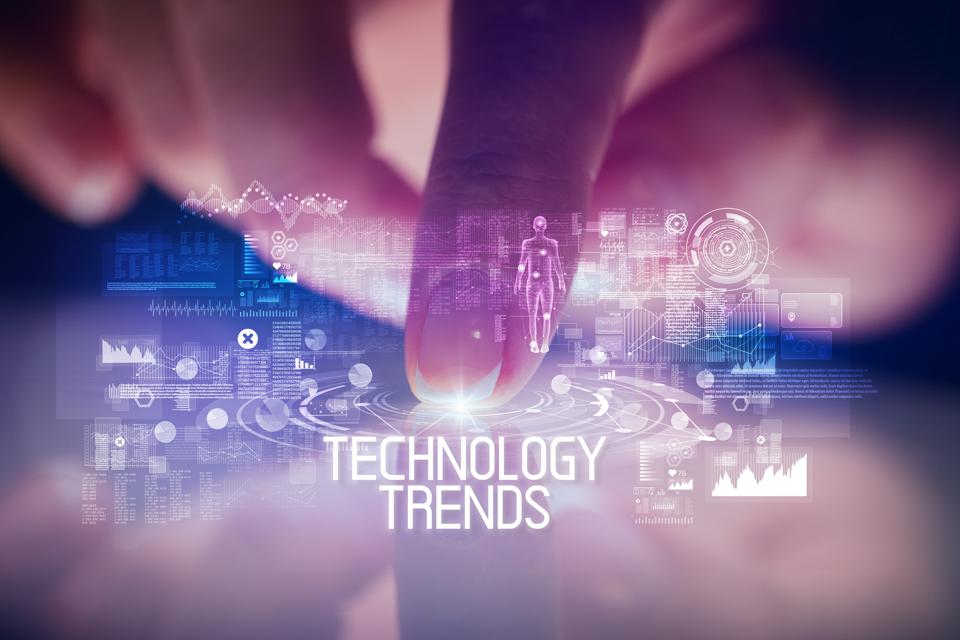Online courses, learning management systems, and other groundbreaking technical advancements are becoming an integral part of our educational system. As a result, what was once thought to be the future of education is becoming the standard.
Students are now using edtech platforms and resources such as free citation machines to learn at their speed. The education system is no longer synonymous with the conventional classroom setup.
By 2021, the edtech industry is projected to have 9.6 million users and a market share of 1.96 billion dollars, according to a study by KPMG and Google. The education sector will continue to evolve because of the industry’s influence.
Augmented Reality (AR) & Virtual Reality (VR) in Education
Teachers may use augmented reality and virtual reality to catch students’ interest and teach in a more immersive and effective manner. Text-based classroom teaching will be transformed into visual, interactive, and engaging content using AR and VR. As a result, boring textbooks are being replaced with videos and animated material.
The Titans of Space is the best example of AR/VR in the education industry. The app takes students on a tour of the planets and solar system, allowing them to learn about the cosmos engagingly.
Digital masterclasses
Digital masterclass formats are becoming more common as students become more familiar with the Internet and various digital devices.
Students may learn from top-tier experts in a variety of fields through digital masterclasses. This motivates students to take an active role in their education. The online tutor in digital classes also provides you free paper checker options to not go anywhere else to check your paper.
Mobile Learning in Education
Mobile learning in education is dependent on the rapid growth of educational technology trends and internet connectivity. Mobile learning allows for on-the-go access to information and understanding. In comparison to conventional teaching methods, the technology-rich practices of new educational trends allow high-level peer collaboration.
Students are already using online education apps like Coursera, Udemy, and Quizlet to understand the complex definition.
Artificial Intelligence
Adaptive learning systems and applications are becoming more common as the education industry evolves.
For example, a free citation machine can help the students’ citation online, which reduces the stress of doing manual citations.
AI creates a framework that focuses on specific subjects while still repeating difficult concepts. As a result, it enables students to develop at their own pace. Furthermore, in the education industry, artificial intelligence has transformed the function of the teacher into that of a facilitator. For simple courses, it can be used in place of an instructor.
Personalized and adaptive learning
The secret to 21st-century education is individualized learning. Online learning platforms provide a versatile learning atmosphere by allowing students to learn at their speed and allowing educators to use interactive resources to make learning more engaging and collaborative.
Adaptive learning tailors research materials to the student’s abilities and experience level. Teachers will use adaptive assessments to determine what obstacles each student faces and focus on those to smooth out the rough spots.
Edtech tools and platforms give educational institutions an excellent opportunity to rise to the challenge and make a seamless transition from offline to online education.
Summary:
In the coming years, online education will become the new standard, fully embracing the concept of learning from anywhere, at any time. It allows students to create various projects, including science projects, interactive artwork, etc., which can boost their imagination.
Author bio:
Alley John is an excellent subject matter expert at MyAssignmenthelp.com, known for enriching our student clients. He can provide you with the best academic writing service by delivering you the best quality of the assignment.
